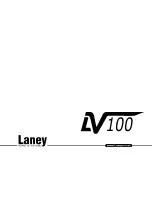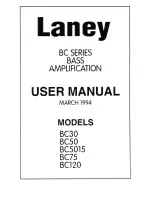
Model TA102A
iii
System Integrity Verification
General Monitors’ mission is to benefit society by providing solutions through industry- leading
safety products, services and systems that save lives and protect capital resources from the
dangers of hazardous flames, gases and vapors.
The safety products you have purchased should be handled carefully and installed, calibrated
and maintained in accordance with the respective product instruction manual. Remember,
these products are for your safety.
To ensure operation at optimum performance, General Monitors recommends that certain
maintenance items be performed.
Commissioning Safety Systems
Before power up, verify wiring, terminal connections and stability of mounting for all integral
safety equipment including, but not limited to:
•
Power
supplies
•
Control
modules
•
Field detection devices
•
Signaling / output devices
•
Accessories connected to field and signaling devices
After the initial application of power (and any factory specified warm-up period) to the safety
system, verify that all signal outputs, to and from devices and modules, are within the
manufacturers’ specifications. Initial calibration / calibration checking / testing should be
performed per the manufacturers’ recommendations and instructions.
Proper system operation should be verified by performing a full, functional test of all
component devices of the safety system, ensuring that the proper levels of alarming occur.
Fault/Malfunction circuit operation should be verified.
Periodic Testing/Calibration of Field Devices
Periodic testing/calibrating should be performed per the manufacturers’ recommendations and
instructions. Testing/Calibrating procedures should include, but not be limited to:
•
Verify zero reading
•
Apply a known concentration of gas, or a simulated test device provided by the
manufacturer
•
Verify integrity of all optical surfaces and devices.
When testing produces results outside of the manufacturers’ specifications, re-calibration or
repair/replacement of the suspect device(s) should be performed as necessary. Calibration
intervals should be independently established through a documented procedure, including a
calibration log maintained by plant personnel, or third party testing services.



































